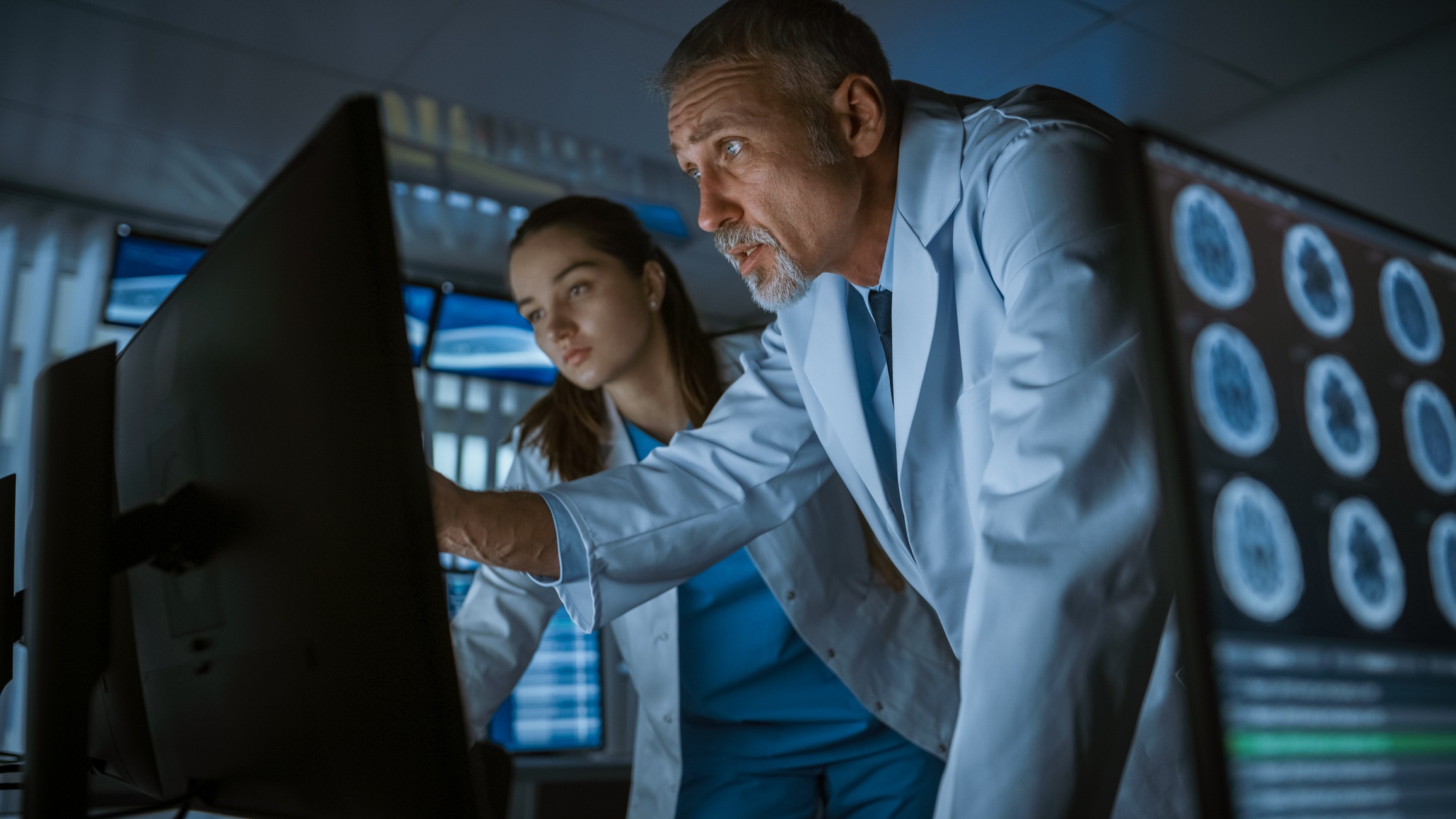Changes to the curriculum of Medicine should expand the use of technology

Publicado em 19/09/2023 • News • English
The training of physicians in the country is on the federal government’s radar. In 2022, there were 26 thousand new professionals on the market, according to the Federal Council of Medicine. Recently, the Minister of Education, Camilo Santana, stated that the government is preparing an inter-ministerial decree that should bring changes to the training curriculum in Medicine. The changes must encompass digitalization, the use of technology and changes in society.
The announcement has reignited discussions about the curriculum of Medicine courses and the quality of training for professionals. The current version of the curriculum guidelines will be ten years old in 2023 and many experts point out that it needs to be revised, given the progress that has been made in this decade.
A Deloitte survey of 228 physicians in Brazil indicated that the main desired changes are linked to training in entrepreneurship and business, pointed out by 55% of respondents, and the development of teamwork skills (50%). Skills related to the use of data (44%) and training in new technologies (43%) also appeared.
It is therefore believed that recognizing technology as an ally in teaching will be one of the changes that will be included in the new guidelines. The use of high-resolution dolls, for example, allows students to refine the skills needed to care for patients through simulations that can be repeated and analyzed in detail. Some institutions even offer 3D dissection tables and metaverse avatars who gather around a virtual patient to discuss the case.
Students need to be prepared to handle a reality that is increasingly present in the health area, such as Artificial Intelligence solutions, Big Data, IoT, robotization, among others. Digital training is already a major necessity, not because AI is going to replace the physician, but because he or she will need to have the soft skills to command decisions. The ability to make the best decisions, using scientific knowledge critically and analyzing evidence, are increasingly welcome differentials in the practice of Medicine.
Patricia Zen Tempski, a lecturer in Health Education at the University of São Paulo (USP) and coordinator of the Center for the Development of Medical Education (CEDEM) at the USP School of Medicine (FMUSP), says that the curriculum is more than a subjects grid. It is an ideological, social and intentional document that defines how the student will experience the educational process. “Show me your resume and I’ll tell you who you are. That’s our maxim. The curriculum is the basis of everything in training”.

 Portuguese
Portuguese
 Spanish
Spanish
 English
English






















